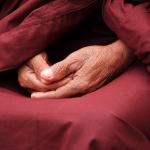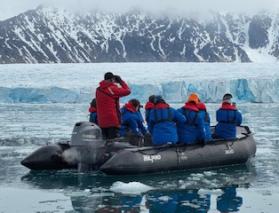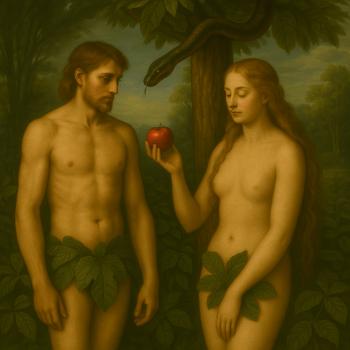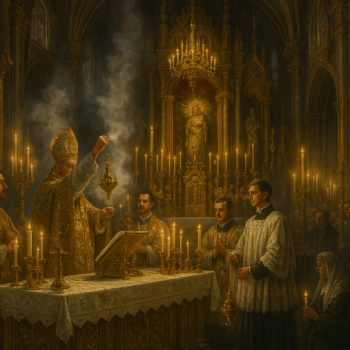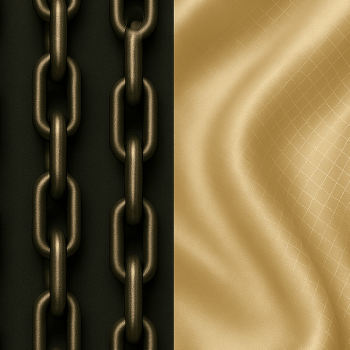Surely, it seems like we have free will, but is free will an illusion?
Most of us believe that we have free will, until we realize that our thoughts come to us. We do NOT decide to think thoughts, any more than we decide to breathe air or to digest food.
Scientists tell us that 95 percent of our thoughts come from our subconscious minds. Most of the thoughts that come from our conscious minds derive from either nature or nurture. Thus, our “choices” are largely produced by chemistry, conditioning, experiences and entanglements, mixed with a bit of randomness.
The quantum physicists say that we are “entangled” with everything. If we think that we are acting independently, we may be responding to someone or something with which we are entangled, across the room or across the Universe. There is no way to detect these unseen influences.
Scientists study how much time passes between when we “choose” to do something and when we do it. Often, we choose to do something up to ten seconds AFTER we do it. Thus, our brains are not choosing what to do; they are reporting what we have already done. At the same time, sometimes, our brains signal our intentions BEFORE we “choose” to do something.
What is going on here? It seems like we have free will, but is free will an illusion? Do we really have free will?

Do We Really Have Free Will?
No. At least, we do not have as much free will as we think that we have. What is the last thing that you “chose” to do, without regard to your chemistry, conditioning, experiences or entanglements? Can you absolutely rule out any of these factors that might have produced your “choice?”
Philosopher Arthur Schopenhauer hit the nail on the head, as usual, when he said, “A man can surely do what he wills to do, but he cannot determine what he wills.”
Physicist Stanley Sobottka writes that free will is a function of duality. He says, “Notice that the concept of free will can only arise if there is an agent that is separate from its surrounding circumstances. This separation is the essence of duality. Without duality, there is neither the agent nor that which is acted upon, so free will has no meaning.”
Salvatore Poe, a spiritual teacher, warns of the pitfalls of free will: “This is why the world is such a mess, because everybody thinks they’re the doer with free will. Then everyone blames everyone else because they think they’re the doer with free will.”
What if We Do Not Really Have Free Will?
If we do not have free will, or, at least, if we do not have as much free will as we think we have, are we just floating “gently down the stream” as the children’s song says?
- Perhaps we can adjust our course in small ways, to paddle around a rapid or push off from a rock.
- Perhaps we can cultivate mindfulness, so that we can naturally lessen the impacts of our conditioning and our experiences.
- Perhaps we can establish good influences, to manage the forces of nature and nurture and the impacts of our conditioning and our experiences.
- Perhaps we can make a choice to “break the tie,” when our chemistry, conditioning, experiences and entanglements do not produce a clear “choice.”
Some researchers believe that we may have “free won’t.” This is the ability to abort actions that our chemistry, conditioning, experiences and entanglements compel us to do. Imagine that your twin, who largely shares your chemistry, conditioning, and experience, is a serial killer. He kills, you don’t. Is the difference due to his free will or to your “free won’t?”
Would We Change Anything if We Found that Do Not have Free Will?
The notion that we do not independently and intentionally control our actions or our thoughts has momentous theological implications. If we see that we do not control our actions or our thoughts, then would a just and merciful God punish or reward our unintentional behaviors? If we are only partly responsible, then are we punished or rewarded for only part of an eternity?
This notion also has momentous practical implications. If we see that do not control our actions or our thoughts, then would we be able to treat other people with compassion, rather than judgment? For example, would we view sexual preference as a matter of nature, not “choice?” Would we view criminal behavior as a matter of nurture, not “choice?”
If you want to stay up to date on the latest from You Might Be Right, simply subscribe with your email.



